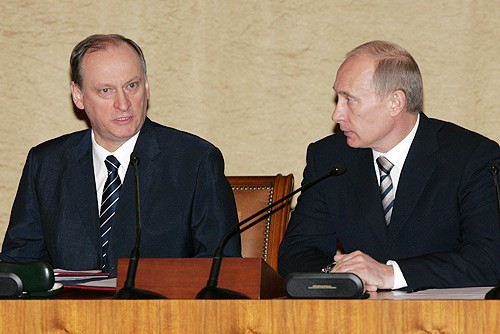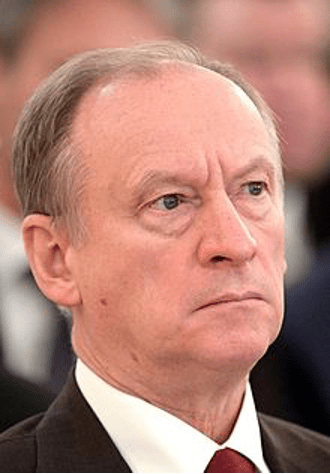
The “Great Game” of power competition is once again afoot in the Balkans, where the US, NATO and the EU vie with Russia for influence. There is a good reason for this, however: recent Russian operations to gain influence or disrupt the EU have had limited successes elsewhere in Europe. Attempts to influence and threaten the Baltic nations have been limited by their whole-hearted participation in NATO, stable democratic systems, and relative lack of corruption.
In contrast, the Balkans offer richer opportunities. Governments are poorer than those in the Baltics, and countries are mired in corruption. Tensions resulting from the collapse of Yugoslavia, resulting in wars, ethnic cleansing and inter-governmental tension provide a perfect environment in which Russia can play “divide and rule”. One Russian Foreign Ministry staffer stated:
“[The Balkans are] full of opportunities for us to play everyone against each other – and frankly we don’t have to do very much.”
Putin’s Man: Nikolai Patrushev
Russian involvement in the Balkans is managed by Nikolai Patrushev (see figure 1), formerly of the Russian KGB and FSB. He is within Putin’s close circle of siloviki and was almost certainly involved in the failed Montenegro Coup attempt in October 2016. Patrushev is virulently opposed to the West, seeing the conflict between Russia and the West as something approaching a civilisational competition. For Patrushev, limiting NATO and US influence within the Balkans is the aim, which Russia is able to do with remarkably little investment and resources. Secondarily, the Kremlin’s aim of action within the Balkans is to create a network of self-interested actors with financial and political capital invested into continued relations with Russia.

Vectors of Russian Influence: Why Serbia?
One of the main vectors for Russian influence in the Balkans is Serbia, which while far from alienated from the West, continues to have relatively close ties to Russia, especially in the area of military cooperation, and its energy sector. However, at the same time, Serbia is pressing for accession to the European Union and conducts military exercises with NATO forces on a regular basis: Serbia exists in a grey position, neither completely in the Western camp, nor in the Russian camp.
This may work to Russia’s advantage: some analysts claim that Serbia may act as a “trojan horse” for Russian influence if it is able to join the EU. Serbia could add to the pre-existing divisions inside the EU, further weakening the bloc’s integrity, a key Russian strategic goal. Serbia is fertile ground for Russian involvement; Russia backed Serbian claims on Kosovo following the 2008 declaration of independence. Serbian public opinion is also extremely pro-Russian; between 2009 and 2015 80% of Serbs agreed that Serbia’s interests were best served by maintaining strong relationships with Russia.
The “How”
When journalists or academics analyse Serbia, there is often a plethora of evidence explaining how Russia may influence Serbia. They cite the military ties, and Russian military exports to Serbia, or political engagement between the politicians of the two countries. They even cite pan-Slavism and the shared Orthodox Christian heritage. However, these are the publicly acknowledged indicators of Russian influence in Serbia. The shadier elements often never see the light of day, and for good reason. A pervasive culture of fear and suspicion clouds the naming of businessmen, crooked companies and criminals responsible for preserving Russian influence in Serbia.
While HUMINT sources may have a good idea of the guilty parties, the idea of going on the record and naming names is potentially dangerous and doesn’t happen publicly. One major exception to this lack of publicity is the 2016 Montenegrin coup attempt, which was organised by Russian agents from within Serbia, using numerous Serbian nationals. The coup even involved Bratislav Dikić, the former head of the Serbian Gendarmerie. That the Russian government was able to organise a coup against Montenegro within Serbia, using many Serbian nationals, shows that Serbia is thoroughly compromised by Russian influence.

